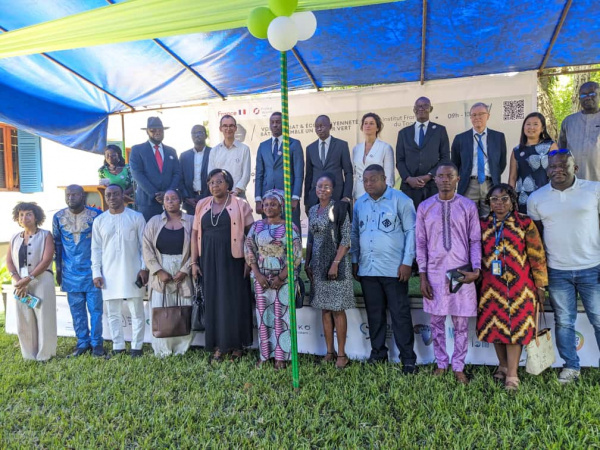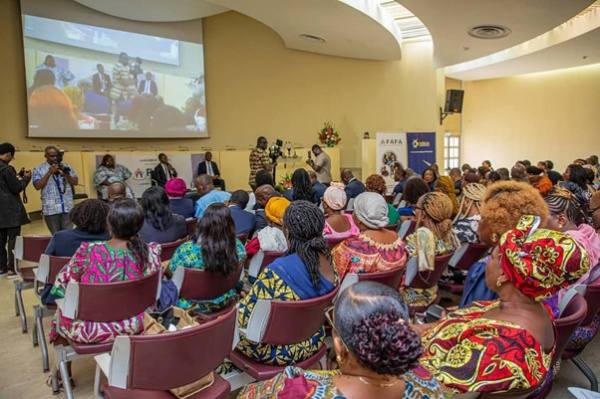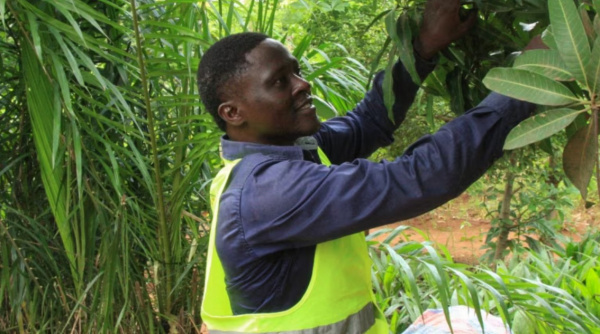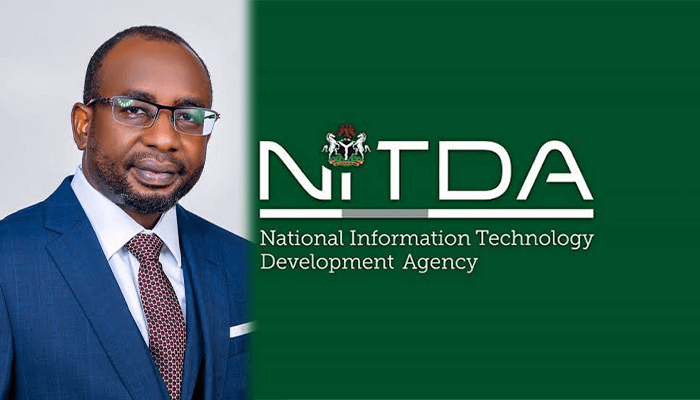Abuja, Nigeria – The Japanese International Cooperation Agency (JICA) has awarded a $12.1 million grant to Nigeria’s National Information Technology Development Agency (NITDA) for the establishment of a startup hub in Abuja. While the investment is being hailed as a boost for Nigeria’s tech sector, questions linger about whether it can overcome the country’s challenging business environment and deliver sustainable results.
NITDA Director-General Kashifu Inuwa Abdullahi described the hub as a “launchpad for ideas” and a “magnet for global investors.” The facility will offer co-working spaces, incubation programs, and training in emerging technologies like AI and blockchain.
The investment is seen as a sign of confidence in Nigeria’s potential as a tech hub in Africa. However, analysts caution that Nigeria faces significant hurdles, including unreliable infrastructure, corruption, and a complex regulatory landscape.
“While the JICA grant is a welcome development, it’s important to remember that money alone cannot solve Nigeria’s problems,” says local tech entrepreneur, Aisha Bello. “We need to see real improvements in governance, transparency, and access to basic services like electricity and internet.”
The Japanese Ambassador to Nigeria, Matsunaga Kazuyoshi, described the project as a “strategic investment in Africa’s innovation capital.” However, some observers question whether the investment will primarily benefit Japanese companies seeking to expand into the Nigerian market.
“It’s crucial that this hub is designed to support local entrepreneurs and not just serve as a gateway for foreign corporations,” says economic analyst, David Okoro. “We need to ensure that Nigerian startups have equal access to resources and opportunities.”
The initiative aligns with President Bola Ahmed Tinubu’s “Renewed Hope Agenda,” which prioritizes digital innovation. However, the government’s track record on economic reform remains mixed.
Whether the JICA-funded startup hub can overcome these challenges and contribute to a thriving and inclusive tech ecosystem in Nigeria remains to be seen. The international community will be closely monitoring its progress and assessing its impact on the country’s broader economic development.









